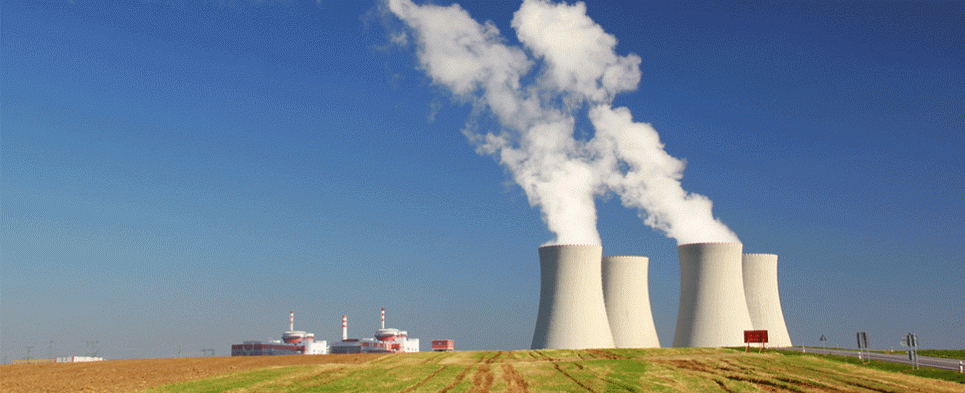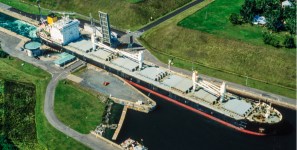Bulgaria Backs Out of Westinghouse Nuclear Reactor Agreement
Westinghouse Electric has been left in the dark in Bulgaria as the Eastern European country’s government has backed out of a $4-billion deal to build a new reactor at its only nuclear power plant.
According to a statement released by the Bulgarian government in Sofia, the cash-strapped country is in the middle of an economic downturn that renders it “unable to shoulder the cost of building the reactor and fulfill its obligations under the contract.”
That contract, signed by the previous Socialist-led government just before it resigned last July, called for Pennsylvania-based Westinghouse to design and construct a 1,100-megawatt AP-1000 reactor at the Kozloduy site, about 120 miles north of the Bulgarian capital. The project had been aimed at weaning Bulgaria off Russian supplies of nuclear fuel and natural gas used to produce electricity.
Bulgaria’s energy output took a major hit in 2007 after the country shut four 440-megawatt Soviet-built reactors before joining the European Union. Only two 1,000-megawatt units are currently in operation at Kozloduy.
Westinghouse, a subsidiary of Japanese conglomerate Toshiba, which acquired the company in 2006 for $5.4 billion, has significant experience in the European nuclear power sector. The company is currently involved in the operation of more than half of Europe’s nuclear power facilities, including plants in Belgium, Finland, France, Slovenia, Spain, Sweden, Switzerland and the United Kingdom. Westinghouse also operates nuclear fuel fabrication plants in the UK and Sweden, with the later providing nuclear fuel for reactors in Ukraine.
In 2001, the company took over France’s Logitest, one of three companies qualified to inspect nuclear steam generator plants for the country’s national electric system, when Paris initiated enforcement of the European Commission’s directives regarding international competition in the country’s energy sector.





Leave a Reply